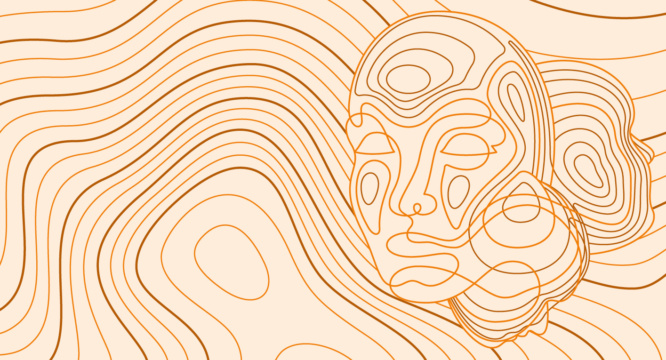Mindscapes
Mindscapes was an international cultural programme organised by Wellcome Trust that aimed to support a transformation in how we understand, address and talk about mental health.
Developed from 2020–23, Mindscapes shed light on the varying experiences of, and community approaches to, tackling mental health challenges in different contexts. Staged in a number of cities around the world, including Bengaluru, Berlin, New York and Tokyo, it included artist residencies, convenings, new writing and research projects, a globally crowd-sourced feature length documentary film, exhibitions and community events. It is the work of a generous community of thinkers and makers who share an enthusiasm for collective enquiry, an acknowledgement of wide-ranging forms of expertise and practice, and a commitment to improving mental health science research, advocacy and policy worlds.
In Berlin, Mindscapes worked through different projects and with different partners, but culminated in the Resonance Room. A section of the exhibition YOYI! Care, Repair, Heal held in the Gropius Bau (September 2022 to January 2023), the Resonance Room collected and shared local knowledge and experiences of mental health in Berlin. The different projects questioned the understanding of and approach to mental health in Berlin: how do individual health and society interact? How does history affect the present? Which forms of welfare and care, solidarity and community, are created and practised in urban society?
Margareta von Oswald was Mindscapes’ cultural lead in Berlin, thanks to a Wellcome grant awarded to Sharon Macdonald. Together with Diana Mammana, she was responsible the Resonance Room.
Please consult the Mindscapes archive for further information, as well as the publication “The Resonant Museum. Berlin Conversations on Mental Health”, in either German or English (Verlag der Buchhandlung Walther und Franz König, 2023).

